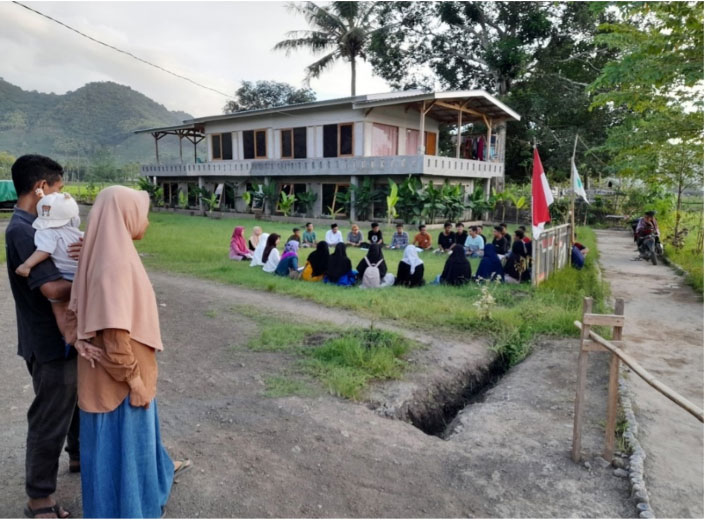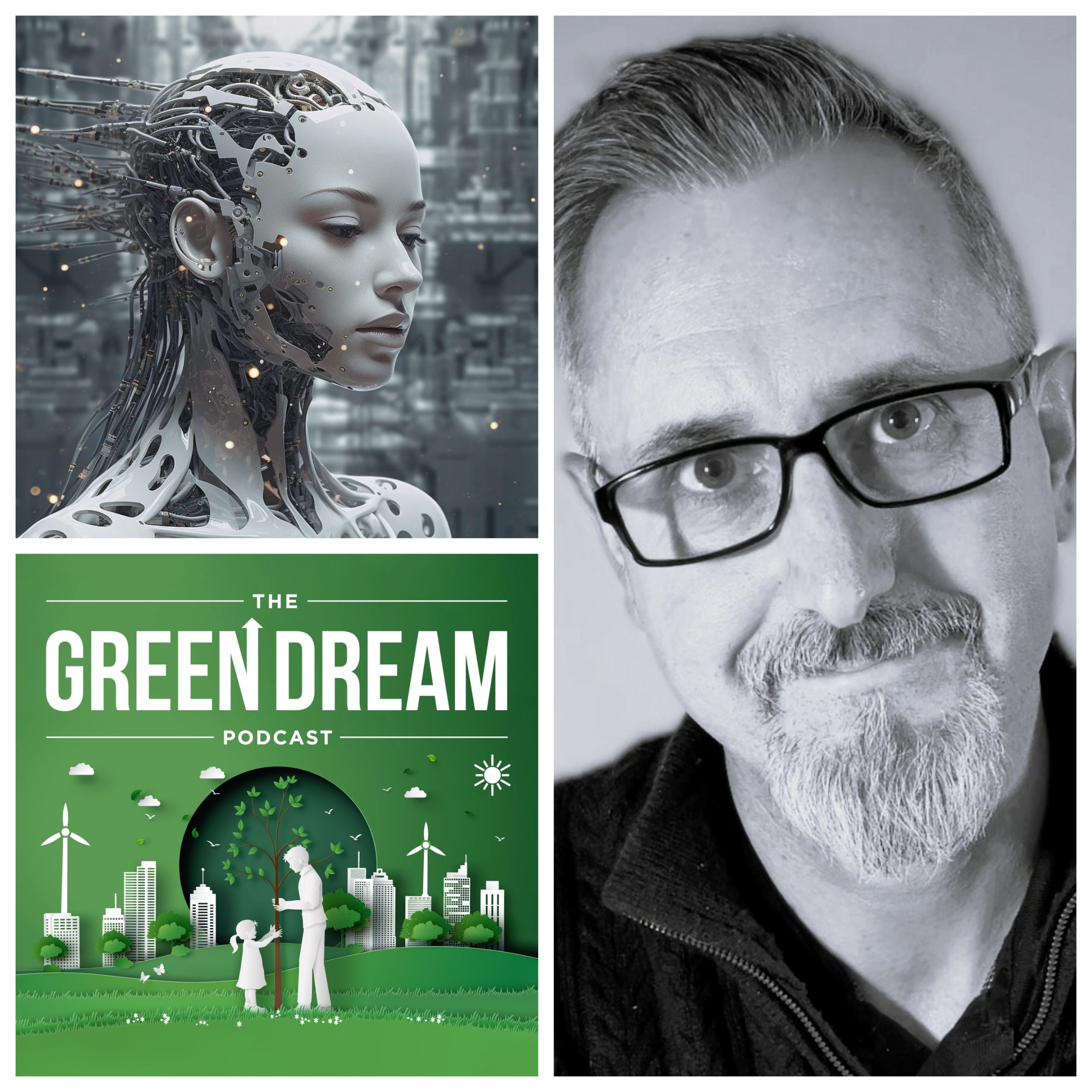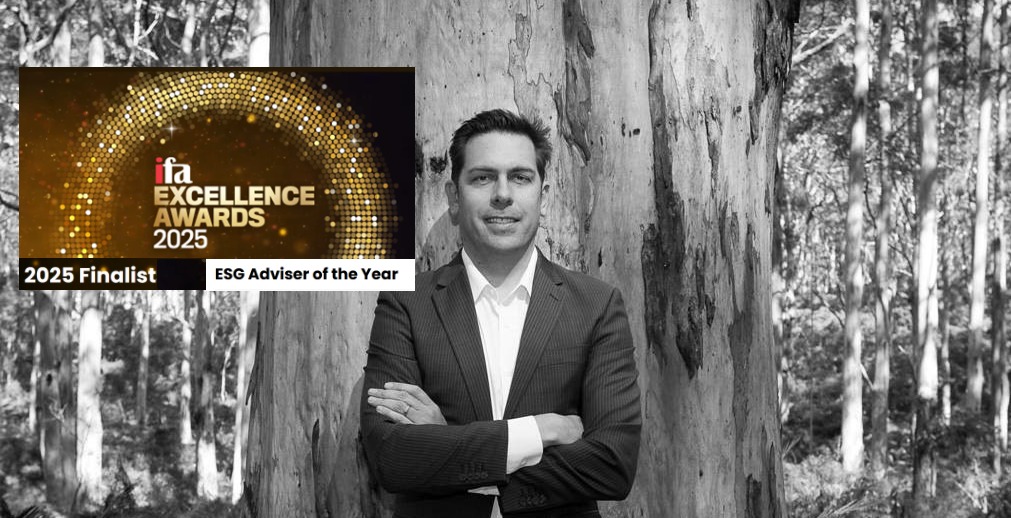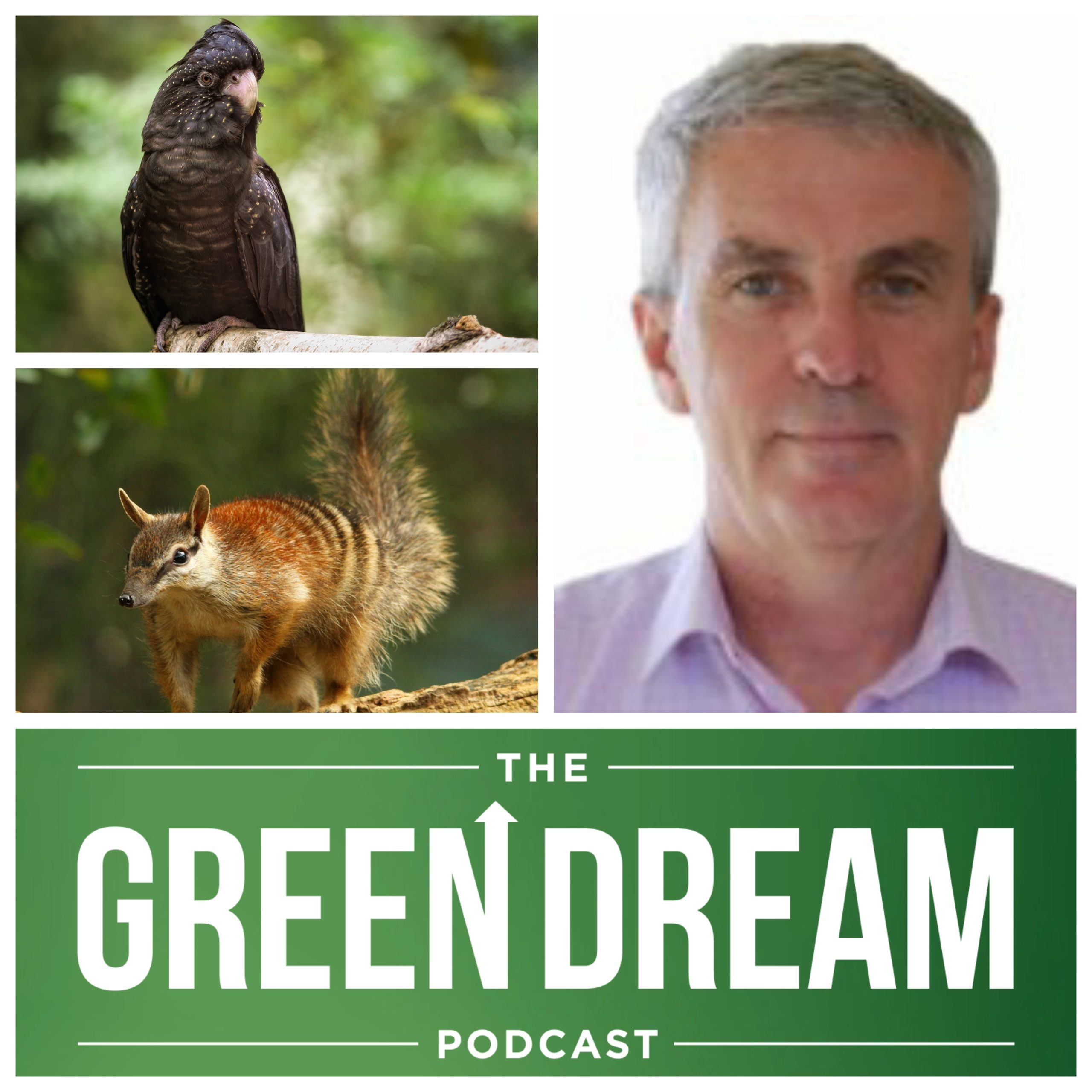$30 per month pays the basic wage of a teacher in Sumbawa, such is the amazing disparity in wages between Indonesia and Australia. This allows us to have a great positive impact with a relatively small donation. For $360 a year, you can fund a teacher’s entire salary! We have done it, and we encourage you to join us. Details follow:
Since 2017 Perth based Millennium Kids Inc (www.millenniumkids.com.au) has joined forces with WeSAVE, an Indonesian not for profit, to build a community based, environmental education school and a community waste management program. Both organisations are youth led, governed by their young members. The school, built during the pandemic, is now in its second year, providing free education to some of the regions poorest kids who would otherwise not have this opportunity. The purchase of the land and basic buildings have been funded through generous donations from our network in Australia. The work has been done on a shoestring, the school is modest, mostly built by the students and WeSAVE members themselves. It is now ringed with a food forest, vegetable gardens, fish ponds, chickens and goat yards, with food prepared waste free on site as part of the school curriculum. Most of the students are residential.
The school is in Dompu, Sumbawa (West Nusa Tenggara) Indonesia. It now has recognition and accreditation from the Indonesian government as a vocational training high school. It is already recognised as having some of the most dynamic and innovative teachers on the island, who are being sought for delivery of professional learning by the education system. Current enrolment is 83 students across 3 senior high school years. It has a staff of 19 teachers and 10 support staff (17 men and 12 women), doing an average of 8 hours each per week. The first students graduated last year, with 93% winning scholarship places at university.
This is a scalable, working model, delivering improved education outcomes, and impacting government policy. Being youth and community centred, it is delivering structural change that deals with the root causes of poverty and environmental decline.
The school now needs help to pay their teachers a basic wage, and hopefully grow. While highly committed to the work, teachers have to work multiple jobs to make ends meet. Unfortunately, the school receives only limited government funding, the equivalent of 400 Australian dollars per month, to cover costs, including paying teachers. Remarkably, outstanding bills are paid through the collecting, sorting and recycling of urban waste, mostly plastic. Each weekend students run micro clean ups in the local community and collected single use plastic is sorted, graded and sold to pay their fees.
Increasing the available funds to support a pool of trained environmental education teachers will provide more job security, allow increased hours, and keep them in the team. The disparity in costs and wages between Indonesia and Australia puts us in a good position to help continue and increase this important work. For example, thirty Australian dollars a month (or $360 per year) pays the basic wage of a teacher in this school. Larger donations will help grow the project.
We are targeting upgraded clean power and water management, student accommodation, and land purchase to increase food production. Donating through the MK Enviro Fund (at https://www.millenniumkids.com.au/donations/ ) ensures that the money is used exclusively for building a better environment, and is tax deductible.
About Millennium Kids
Millennium Kids is an environmental education Not for Profit. A Banksia Award winner, and recognized as a top 14 Innovator by World Economic Forum, they are garnering increasing respect for their work across the world. They have a rigorously tested methodology for extracting new and innovative practical solutions to environmental problems from and for communities.
For more than 25 years they have been working at community level on environmental issues with young people in the 10-25 age range. This work is across the globe, with significant projects spanning decades in Indonesia and Africa.
The Kids determine the best and worst aspects of their community, and what they would change if they had the opportunity. These locally identified concerns drive positive and practical project development. Concern about Climate Change is now dominating these responses, and the young people are eager to address the underlying causes. They recognize the link with poverty and many of the unsustainable and environmentally damaging practices around them, and know that the solutions they posit must be practical, timely, culturally appropriate, and affordable. The Millennium Kids structure addresses youth’s desire for action, countering anxiety and giving an opportunity to participate in making positive change, while recognising the wisdom of the community’s Elders.
They are a secular organisation, with proven capacity to work openly with a range of cultural and religious groups.
About WeSAVE
WeSAVE are an extraordinary grass roots, youth led Indonesian Yayasan (Not for Profit). They feed and provide medical care for the poor, house the elderly, construct community buildings, clean road verges, beaches and markets, and plant trees. Now they have their own school.
Started in 2004 by Agus Setiawan, a selfless young man who came from poverty and put himself through university, paying his fees by collecting and selling waste. His vision has inspired a generation of kids to want to make the world a better place. It also inspired Millennium Kids to want to help realise his vision of a truly green school for the poor.
The WeSAVE educational model is embedded in the community. Through their student mentoring and project facilitation we see exciting new enterprises emerging, with people developing cooperative business models, the young share-farming vegetable growing with elderly folk to increase nutrition, reduce waste and cost. We see people are now distributing products in reusable containers, establishing ecotourist enterprises based on home-stay, guided access to nature, and traditional culture. The students are taking the environmental stewardship message back to their villages and starting conversations. This is a model for change.
For more information please contact Millennium Kids on info@millenniumkids.com.au or 0418 923 968.





